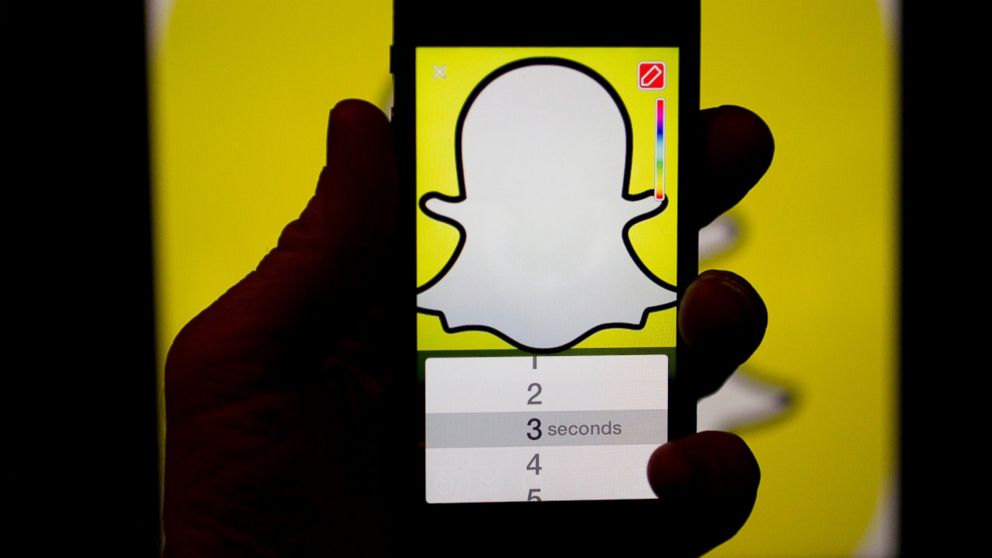Snapchat Reveals How Often Law Enforcement Asked for Data
Snapchat releases first ever transparency report.

— -- Snapchat is growing up, joining the ranks of its older tech giant predecessors when it comes to openness.
The 4-year-old ephemeral messaging app took a big leap this week by releasing its first ever transparency report and unveiling a sophisticated slate of new security features.
From Nov. 1, 2014, until Feb. 28, 2015, Snapchat said it received 375 requests from law enforcement for information in the United States. The company reported complying with 92 percent of those queries.
The release of the transparency report brings Snapchat in line with common practices used by Google, Facebook and other large technology companies and will be updated bi-annually.
Along with the report, Snapchat announced it would roll out a slate of new initiatives to ensure users' silly photos and scantily clad selfies remain private and unable to be grabbed by third-party apps.
Among the new features are a bug bounty program that will offer incentives to coders around the world who flag any potential vulnerabilities in the app.
Snapchat also vowed a complete shutdown of third-party apps, many of which have been used unscrupulously by Snapchat users to grab and save photos that friends sent to them with the intention of only showing them for a few seconds.
Snapsaved, a third-party app, was hacked last year, resulting in thousands of private photos and videos being posted online.
It's something Snapchat said it is working to make sure never happens again by ensuring it becomes harder for third parties to write apps that can be used on Snapchat.
In an interview in Medium, Snapchat's vice president of engineering, Tim Sehn, said the company has a "competitive advantage that we care that much about users' privacy and security."
"We care enough to delete their data. That is something that most companies don’t do because that data is valuable. It costs us something to do that," Sehn said. "So it's definitely part of the ethos that has been there since the start."




